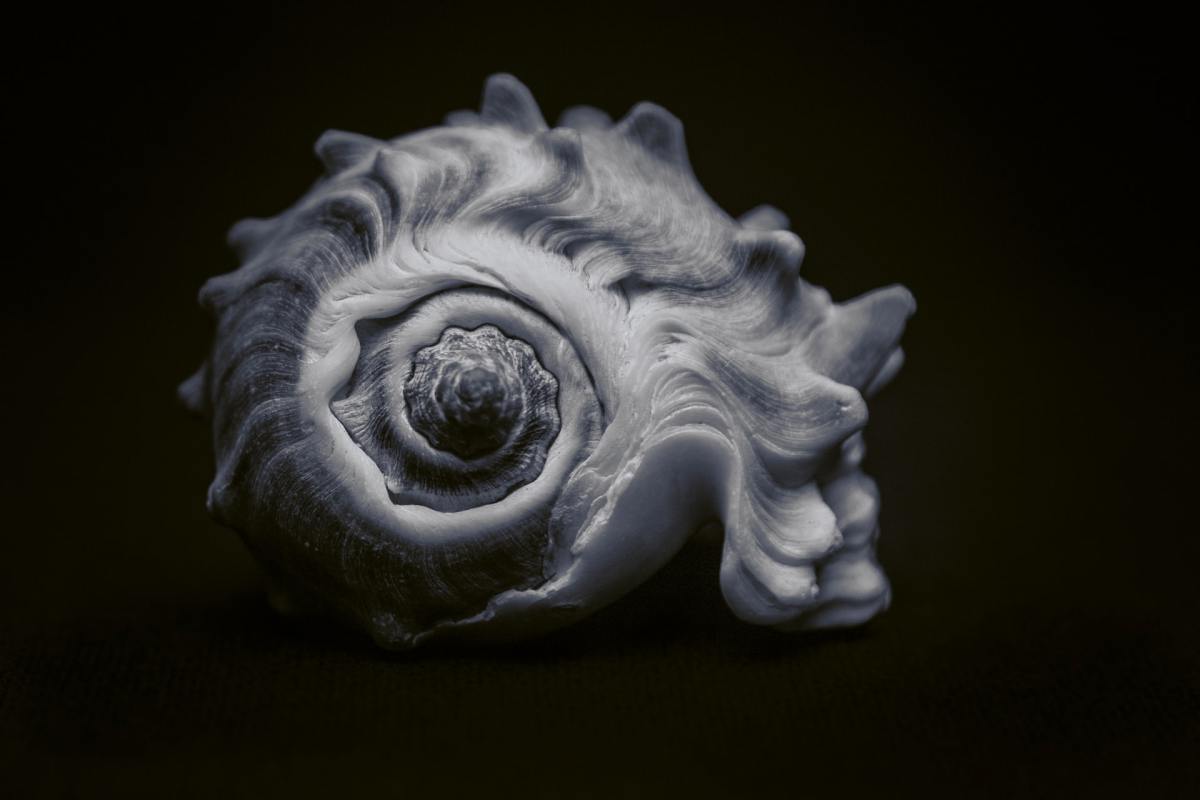In 2001, Rose Marie Moniz’s father discovered her body in her Massachusetts home. The objects scattered around the room led investigators to conclude that she had been the victim of a robbery and murder. But as the weeks and months passed, their investigation began to stagnate — and eventually, it seemed as though there would be no resolution.
Twenty years later, however, investigators are much closer to discovering what happened to Moniz and who might be responsible for her death. As reported by The Washington Post, a cold case unit operating in the office of the Bristol District Attorney has discovered DNA evidence that enabled charges to be brought against a suspect in the case.
The suspect in question? David Reed, Moniz’s half brother. The article notes that Reed had been charged with assault and robbery of another woman in the same town in 2003, but left the state before his trial; eventually the charges against him were dropped.
The cold case unit began reviewing Moniz’s murder in 2019, and eventually found DNA in a conch shell that had been used to attack her. As the Post notes, the DNA found there matched Reed’s — which set things in motion for charges to be filed.
The Bristol District Attorney, Thomas M. Quinn III, hailed the work of his office’s cold case unit. “I am very pleased to be able to bring some sense of relief to the victim’s family and justice to the entire community,” he wrote in a post on Twitter. “We look forward to prosecuting these cases in open court.”
Thanks for reading InsideHook. Sign up for our daily newsletter and be in the know.


















